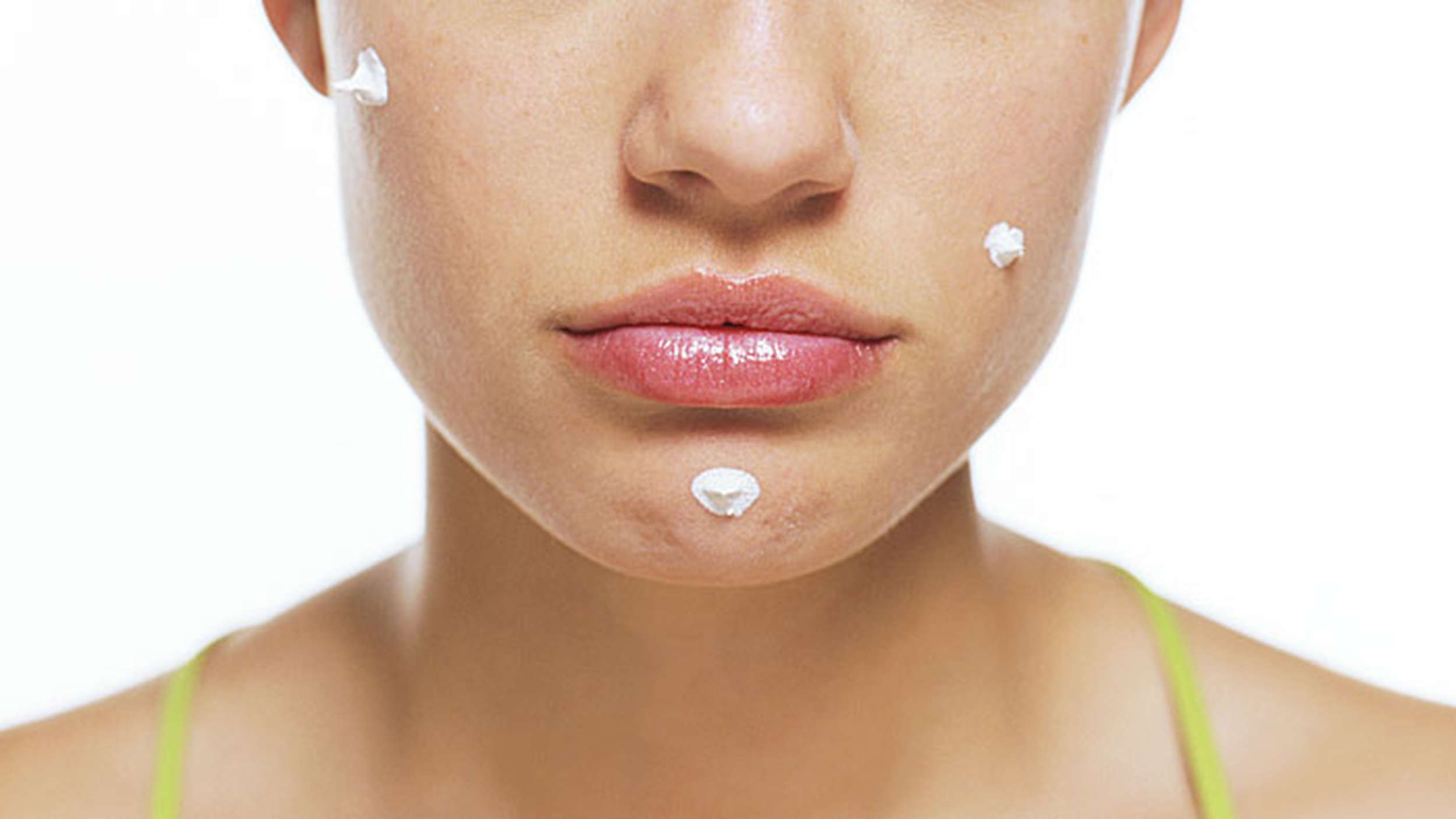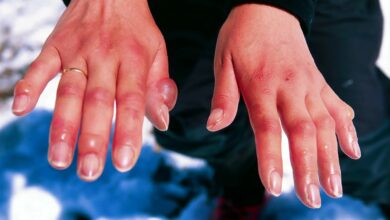Everything You Need to Know to Get Acne-Free Skin

Table of Content
Acne, also known as spots or pimples, is a skin condition that occurs when the skin pores become blocked with dead skin cells and oil. This condition is typically associated with teenagers but can affect people of all ages, as studies have shown. Undoubtedly, acne can be very annoying, especially when pimples appear on your face. This is why people struggling with acne make every effort to achieve clear skin. Unfortunately, with the growing marketing hype for acne-free remedies and skincare products, it is almost impossible to identify what your skin really needs for the pimples to clear up. In this article, you will find tips for an effective skincare routine and the best medications to reduce the appearance of acne.
Wash Your Face Properly
It is important to wash your face properly as part of your morning and evening routines, especially if you have oily skin prone to breakouts. Washing your face helps in removing excess sweat, dirt, and oil. Dermatologists recommend washing your face twice a day to control oil and minimize skin breakouts. But it is critical to stick to non-harsh facial cleansers when washing your face to avoid worsening acne. Also, consider using warm water instead of hot water for a gentler cleanse.
Keep Your Skin Hydrated
Hydrating your skin helps in keeping it nourished, as well as flushing away potential toxins. One of the common ways of maintaining hydrated skin is the use of moisturizers. If you have dry skin, it may have to produce more oil to compensate for the dryness. A moisturizer minimizes this dryness, lowering your chances of developing acne. However, some moisturizers can cause skin irritation and worsen acne, so ensure you use only non-comedogenic and fragrance-free moisturizers.
Also, try to consume about 2 liters of water every day to keep your body hydrated. You may have to drink more if you are very physically active, pregnant, breastfeeding, or when the weather is hot.
Limit Your Makeup
Studies reveal that individuals struggling with skin breakouts typically use more cosmetic products to cover up for acne. However, using makeup may actually expose your skin to more outbreaks as the pores get clogged. The acne resulting from the use of makeup and cosmetic products is well known as acne cosmetic. But this does not mean that you cannot wear makeup. Instead, experts recommend the use of safe teen makeup and cosmetics that are skin-friendly. This is why you should check for ‘oil-free’ and ‘non-comedogenic’ labels when choosing your makeup options.
Over-the-Counter Treatments
The use of the recommended over-the-counter acne treatment helps enhance acne-free skin and even prevent acne. Some of the recommended medications for acne include the following;
1. Retinoid Drugs
With moderate acne, drugs containing retinoic acids may come in handy. They are sold in the form of gels, creams, and lotions.
2. Antibiotics
Antibiotics reduce skin inflammation by killing excess skin bacteria. In most cases, antibiotics are combined with benzoyl peroxide for effective acne treatment.
3• Salicylic Acid
Salicylic acid is used to control inflamed hair follicles, a primary cause of acne.
4. Azelaic Acid
Azelaic acid plays a critical role in managing the discoloring effect triggered by acne. A medication containing azelaic acid is crucial in maintaining acne-free skin.
Avoid Touching or Popping the Pimples
Your hands are exposed to bacteria regularly throughout the day. Therefore, popping the pimples or touching your face may transfer bacteria to your skin, creating room for more breakouts. However, since the temptation to touch your face is something you will have to learn to live with, it would be best to regularly wash your hands. But it is best to avoid popping the pimples if you can. If a spot hurts too much, consider seeing a dermatologist for medication or treatment.




